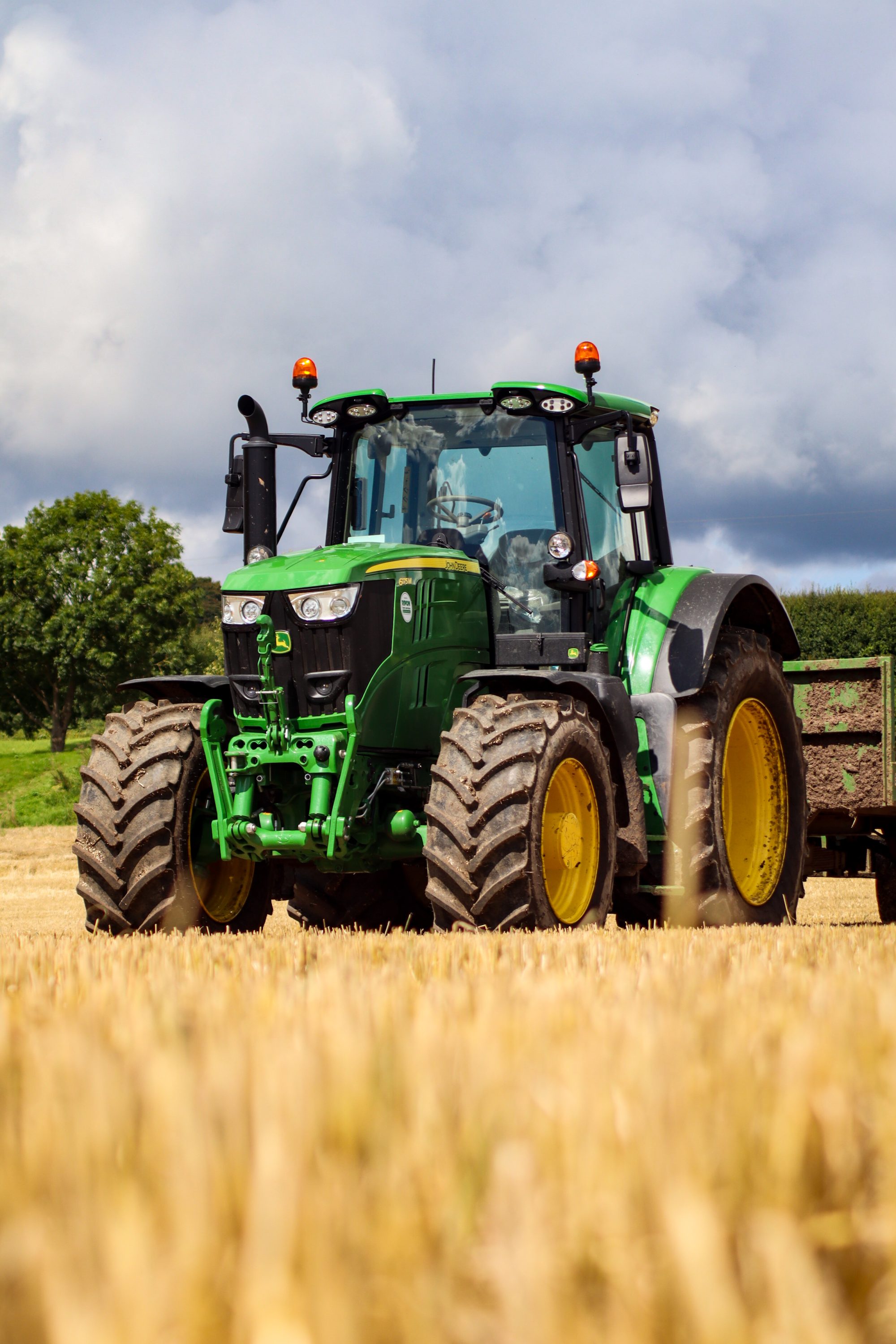Farming is the backbone of civilization, providing sustenance and resources essential for human survival. However, the landscape of agriculture is fraught with challenges, both old and new, that threaten its sustainability and resilience. In this blog post, we’ll delve into some of the pressing issues facing modern farmers and explore potential solutions to ensure the future of farming.
Climate Change: Climate change poses a significant threat to farming practices worldwide. Extreme weather events, shifting precipitation patterns, and rising temperatures disrupt traditional growing seasons and increase the prevalence of pests and diseases. Farmers must adapt to these changes by implementing resilient farming techniques, such as crop diversification, water management strategies, and the use of drought-resistant crops. Additionally, investing in sustainable practices, such as regenerative agriculture and carbon sequestration, can mitigate the agricultural sector’s contribution to climate change.Soil Degradation: Healthy soil is the foundation of agriculture, yet it is increasingly under threat from erosion, depletion of nutrients, and contamination from agrochemicals. Intensive farming practices, such as monocropping and excessive tillage, contribute to soil degradation, leading to reduced fertility and productivity over time. To combat this issue, farmers can adopt conservation practices like no-till farming, cover cropping, and organic farming methods. These techniques promote soil health, enhance biodiversity, and minimize the environmental impact of agriculture.Water Scarcity: Water scarcity is a growing concern in many agricultural regions, exacerbated by factors such as population growth, urbanization, and competing demands from other sectors. Inefficient irrigation practices, water pollution, and over-extraction of groundwater further strain water resources, jeopardizing the long-term viability of farming. Implementing precision irrigation systems, rainwater harvesting, and water-saving technologies can help farmers optimize water usage and mitigate the effects of water scarcity on crop production.
Economic Pressures: Farmers face mounting economic pressures, including fluctuating commodity prices, rising input costs, and limited access to markets and credit. Small-scale and family-owned farms are particularly vulnerable to these challenges, often struggling to compete with large agribusinesses and navigate complex supply chains. Supporting local food systems, promoting fair trade practices, and providing financial incentives for sustainable agriculture can help alleviate the economic burden on farmers and foster a more equitable and resilient food system.
Technology Divide: The rapid advancement of technology has the potential to revolutionize agriculture, offering innovative solutions to improve efficiency, productivity, and sustainability. However, access to technology is unevenly distributed, with many smallholder farmers in developing countries lacking the resources and infrastructure to adopt modern farming practices. Bridging the technology divide through initiatives such as digital extension services, mobile applications, and affordable precision farming tools can empower farmers with the knowledge and tools they need to thrive in a rapidly changing world.
Conclusion: Farming is facing a myriad of challenges, from climate change and soil degradation to water scarcity and economic pressures. Addressing these issues requires a multifaceted approach that integrates scientific research, policy reform, and grassroots activism. By prioritizing sustainability, resilience, and equity, we can build a more resilient food system that nourishes both people and the planet for generations to come. As consumers, policymakers, and global citizens, we all have a role to play in shaping the future of farming.

